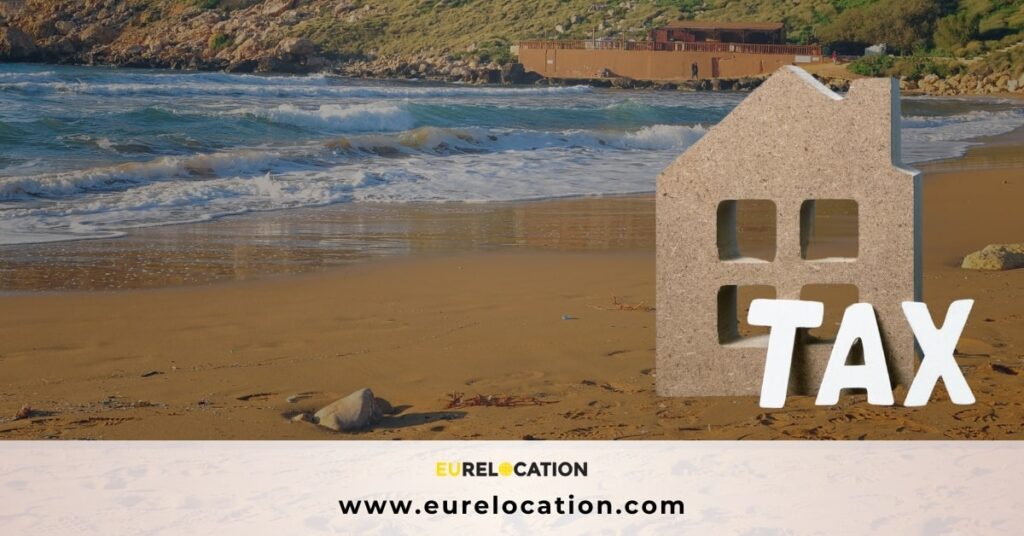Malta has established itself as a premier destination for foreign investors, thanks to its strategic double taxation agreements. With over 70 treaties signed and more than 60 currently in force, Malta offers an advantageous tax environment that attracts businesses from around the globe. These agreements not only prevent double taxation but also promote transparency and international tax compliance. Here, we’ll get deepen into the key aspects of Malta double taxation agreements, explore their benefits for investors, and highlight why Malta continues to be a top choice for business ventures.
Permanent Establishments in Malta’s Tax Conventions
Under Malta double tax conventions, the following are considered permanent establishments:
- Fixed business places like branches, offices, or management sites
- Industrial facilities such as factories, construction sites, and workshops
- Natural resource sites like gas and oil wells, mines, and quarries
- Agricultural land used for farming or pastoral activities
These locations must operate at least 183 days per year to qualify as permanent establishments in Malta.
Tax Rates in Malta Double Taxation Treaties
Most of Malta’s double taxation agreements feature similar tax rates and exemptions. These treaties cover various types of taxes and provide benefits to foreign investors, including reduced tax rates when repatriating profits and exemptions on certain incomes distributed by Maltese subsidiaries or branches. Key reduced tax rates under these treaties include:
- Dividend taxation ranging from 0% to 15% depending on the specific agreement
- Royalties taxed between 0% and 10%, with certain exemptions
- Interest taxation ranging from 0% to 15%, similar to dividend payments
Countries Covered by Malta Double Tax Treaties
Malta has signed double taxation agreements with a wide range of countries, including:
- European countries such as Austria, Belgium, Germany, Italy, Netherlands, and Switzerland
- Middle Eastern countries like Bahrain, Hong Kong, Qatar, Saudi Arabia, and UAE
- Other nations including Russia, China, USA, Canada, Australia, and several African and South American countries. Contact our specialists for details on the US-Malta tax treaty.
Understanding Malta Double Taxation Agreements
Key Aspects of the Canada-Malta Tax Treaty
The Canada-Malta tax treaty, signed in 1986, aims to prevent double taxation and tax evasion. It covers income taxes for companies and individuals operating between the two countries. Here are the main features of this agreement:
- Income Tax: Maltese income tax applies to Canadian companies with establishments in Malta, and Canadian income tax applies to Maltese companies with establishments in Canada.
- Permanent Establishment Definition: This includes branches, factories, offices, places of management, and mines in both countries.
- Profit Taxation: A company’s profits are taxed in the country where it is registered or where it has a permanent establishment.
- Dividend Tax: Dividends are taxed at 15% in the country where the payment is made.
- Interest and Royalties Tax: These are taxed at a maximum of 10% in the state where they arise.
For further details on the Canada-Malta tax treaty and other Malta double taxation agreements, reaching out to a consulting firm like CONNECTICLUB can provide valuable guidance.
Overview of the US-Malta Tax Treaty
The US-Malta tax treaty, signed in 2008, aims to enhance international tax compliance and facilitate the exchange of tax-related information between the two countries. This agreement helps prevent tax evasion and supports the Foreign Account Tax Compliance Act (FACTA). Here are the key points of the US-Malta double taxation agreement:
- Reciprocity and Transparency: The treaty emphasizes reciprocal exchange of tax information between the US and Malta. The US government is committed to full transparency to improve regulatory adoption and legislative promotion.
- Scope: The treaty applies to both individuals and entities in Malta and the United States.
- Tax Coverage: It covers income tax in Malta and federal income taxes in the USA.
- Permanent Establishment: This term refers to the registered location of a company, whether in Malta or the USA, including branches, factories, offices, and mines.
- Income from Immovable Property: Residents of one contracting state who earn income from property in the other state can choose to calculate tax on a net basis.
- Dividend Tax: A 5% tax is imposed on dividends paid by a US company to a Maltese company.
- Interest and Royalties Tax: Interest and royalties are taxed at 10% in the state where they arise.
Additional Resources
To explore more about Malta double taxation treaties and get professional advice on setting up a company in Malta, contacting a consulting firm such as CONNECTICLUB is advisable. Their team of experts can help you navigate the complexities of international tax compliance and ensure you make informed decisions for your business.
Why Malta is a Top Business Destination
Malta’s extensive network of double taxation agreements significantly enhances its appeal as a business destination. These treaties provide clear guidelines and tax benefits for foreign investors, ensuring a fair and transparent tax environment. By aligning with international standards and fostering strong international relationships, Malta continues to attract businesses seeking a stable and advantageous location. Whether you are considering setting up a business or investing in Malta, the country’s favorable tax treaties and supportive legal framework make it an excellent choice. For personalized advice and assistance, our Maltese legal experts are here to help. For more details on Malta’s double taxation treaties or setting up a company in Malta, you can contact a business consulting company such as CONNECTICLUB, located in Mosta, Malta. They will be able to help you and guide you through the process.









